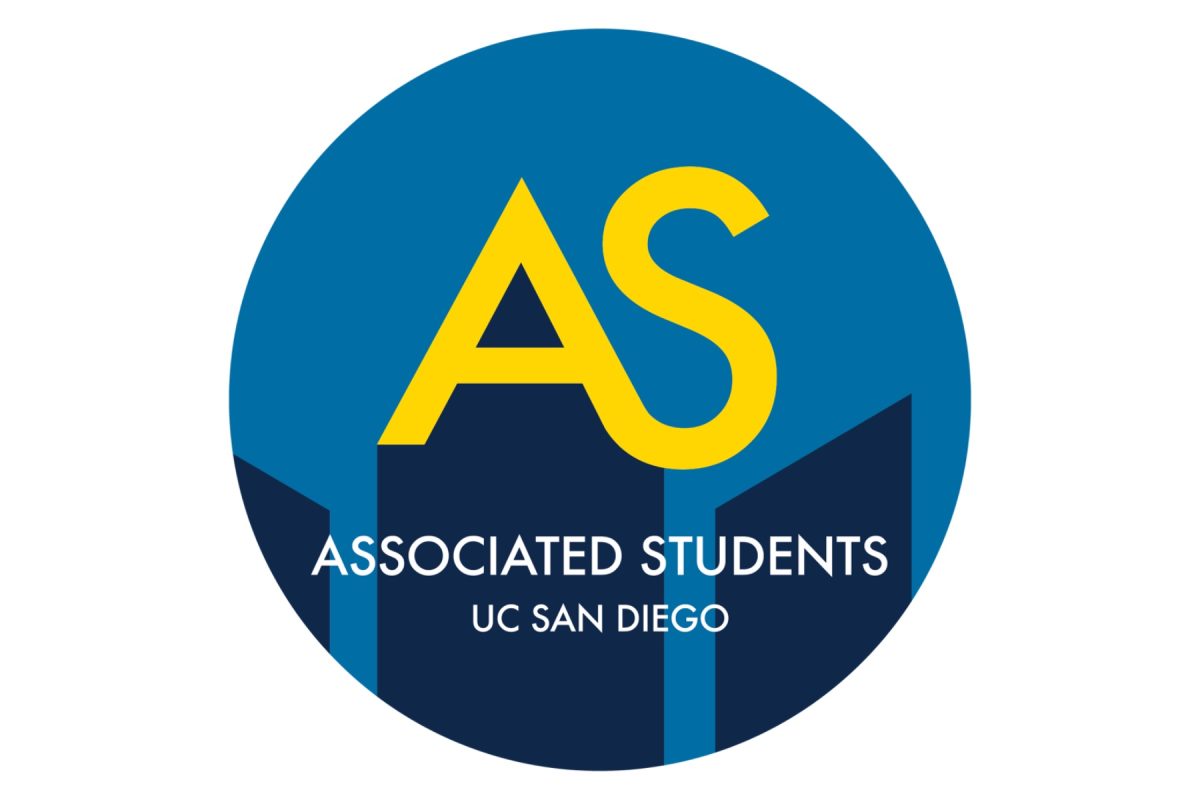UC San Diego introduced a new monitoring system in Summer Session I to track the commencement of academic activity for all undergraduate, graduate, and professional students, in order to disburse their federal financial aid. This system tracks and reports the commencement of academic activity for students in each class in each term, including the summer sessions, and regardless of a student’s passing status.
As for students who don’t receive Title IV financial aid, they will not be affected by this policy and will not receive an email if they do not commence academic engagement.
According to the UCSD Tritonlink site, the U.S. Department of Education (ED) began requiring universities this summer to track that students have started their academic activity in a class so that students are eligible for Title IV federal financial aid. This financial aid includes Pell Grant, Federal Direct Subsidized and Unsubsidized Loans, and PLUS loans. Certifying students’ academic activity would grant the campus an estimated $370 million in financial federal aid for students, according to University Communications Assistant Director Erika Johnson, in an email sent to The UCSD Guardian.
In the email, Johnson further elaborated on why the ED was now enforcing this regulation.
“Scrutiny of colleges and universities documenting the commencement of academic activity is not new, and it has recently been a focus in U.S. Department of Education (ED) program reviews,” Johnson said. “The regulation was sent to all University of California campuses and is included in the Code of Federal Regulations, which outlines how campuses must treat Title IV grant and loan funds if students do not begin attendance at our campus.”
Johnson also noted that if UCSD fails to verify attendance, it poses a risk to the institution and the school’s ability to obtain and administer federal funds.
According to an email from the Office of the Executive Vice Chancellor, UCSD’s administration, Senate, and faculty together constructed the system. Because UCSD doesn’t require attendance to be taken, an alternative process will be used to document commencement with the goal to be easy and as non-intrusive as possible.
Academic activity means attending class, submitting an assignment, taking a quiz or exam, writing on a discussion board, or talking with the professor about the subject material in the class. Each quarter, in order to have proof of engagement submitted, students must do one of the above activities by the end of Week 2. If students are added off of the waitlist late, after Week 2, they must immediately contact the professor.
Professors are able to track academic activity either manually or through #FinAid Canvas assignments. Additionally, professors can use an electronic form for the new Academic Activity Tracking System. According to a notice from the Office of the Executive Vice Chancellor released on June 6, the Teaching + Learning Commons and IT Services worked together to develop Canvas activities that can satisfy the criteria for commencement of academic activity. Professors can add these activities to their Canvas page to track academic activity. Importantly, student records will be at the default “Yes,” and professors will change records to “No” when needed. According to the Q&A for instructors, this process should take five to ten minutes per quarter, but UCSD anticipates that for larger classes the process could be slower.
If a student fails to commence academic activity in enough units to satisfy the requirements of their aid packages, the Financial Aid and Scholarships Office will contact them via their school email. However, if a student believes that they did commence academic activity in a class that they were told they did not, they should contact the instructor of that class.
In response to the new policy, Dr. Will Styler of the linguistics department explained that the greatest issue with the new policy is its inconvenience.
“It’s not like we have a choice, but it is extra work that the instructors need to put in for the class they teach, and, in many ways, it’s extra work for students too, because many teachers are either using Canvas assignments to do this or creating an additional early homework,” Styler explained.
Dr. Jeff Tirshfield of the sociology department noted his frustration with the monitoring system, saying it’s an unnecessary shift of responsibility onto instructors when tracking academic attendance should be for the university.
“It’s merely a means of shifting, what I perceive as an administrative responsibility, to educators,” Tirshfield explained.
Tirshfield further noted that the policy itself fails to follow what it claims to do fully.
“If you think about the point of tracking, if it is merely to follow, it really fails because it’s only a snapshot of a particular point in time. If it’s really not about tracking and it’s only a snapshot, what’s the purpose in terms of academic activity? It really does nothing to prove that there’s academic activity going on,” Tirshfield said.
However, both Styler and Tirshfield noted that the monitoring system offered opportunities to help their students in the beginning of the new school year. Tirshfield appreciated that the #FinAid Canvas assignment had two questions concerning expectations and limitations which could be useful as a “pedagogic tool,” as Tirshfield noted. Styler used a discussion board where students introduced themselves to track the commencement of academic activity, which proved to be helpful for students to introduce themselves to each other.
Tirshfield expressed some hesitancy with the monitoring of activity being linked with students’ financial aid.
“It doesn’t have to be under the guise of financial aid,” Tirshfield said. “If, in fact, the Department of Education and the university need to get information on whether students are attending class so they lend them money, I understand that because there has to be some accountability. But it should not be a separation of individuals who require money and those who don’t require money.”
In terms of improvements, Tirshfield hopes that the system will change to better promote the learning of students for in-person settings by putting a greater pressure on student attendance.
“If the USDE and the University want to increase learning, to increase knowledge, build bridges, and spark engagement, true engagement between educators and students, and students and students, and make sure that financial aid dollars are benefiting those engaged in the university experience,” Tirshfield explained in a follow-up email to The Guardian, “they should mandate and track attendance and participation — each class, each student.”
Styler expressed hope, noting that this process is still new and improvements are still to come.
“We’ve been preparing for this for a relatively small number of months. So as a result, all of the systems are brand new for taking care of this,” he said. “I hope there will be other things that make it a little easier, you know — like any Canvas assignment gets a grade, that person has commenced.”
Styler also added that this system will be another element of UCSD for years to come, as long as the policy and system remain, and professors will adjust accordingly.
“Teachers will just adapt to it,” he said. “They’ll start adding an assignment early on that is designed to be in accord with this, and hopefully build it more into the curriculum.”
The entire student informational page about the new monitoring system from UCSD Tritonlink can be found here, while the entire instructor information page can be found here. For further information, readers can refer to the June 6 email from the Office of the Executive Vice Chancellor.
Art by Allen Chen for the UCSD Guardian.

















Kelly Harris • Oct 31, 2022 at 9:44 am
That’s really hard to distribute the financial aid between all undergraduate, graduate, and know that many students work while their assignments are in the hands of professionals from https://write-my-essay.online resource. I could recommend everyone to follow this scenario.